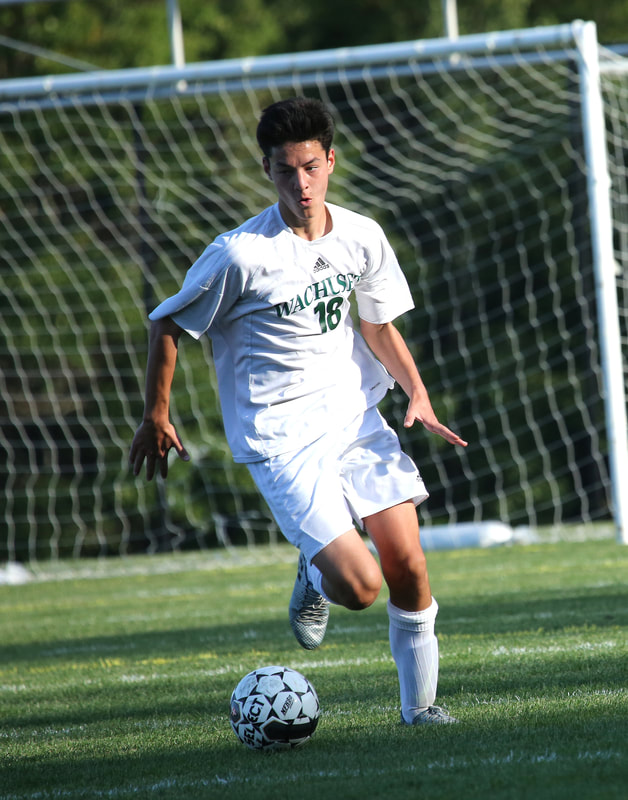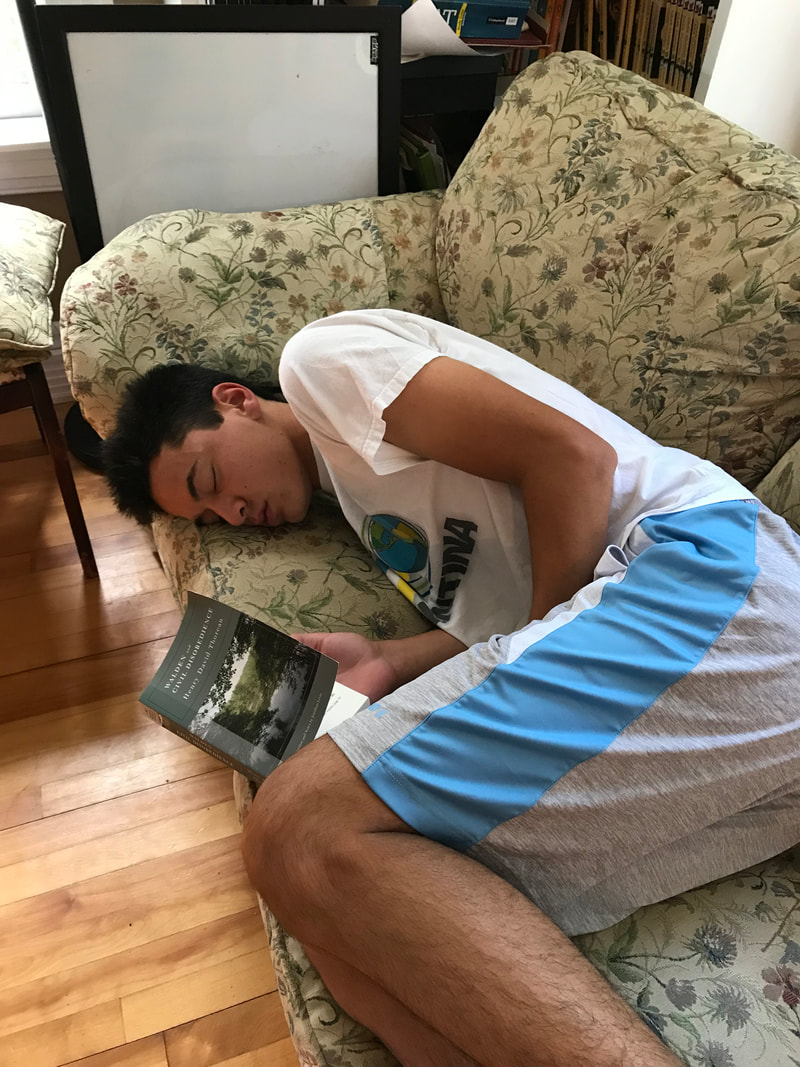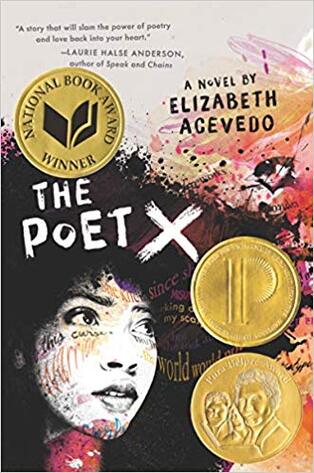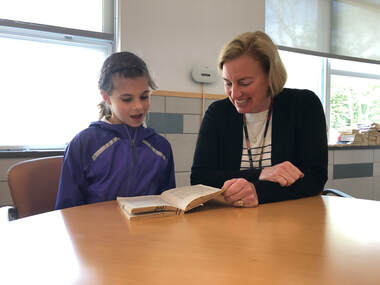|
The hardest teaching task is parenting. The job is 24/7, you never get a vacation and it lasts for life. I’m constantly amazed how everyday it presents me with new challenges—which provide plenty of room for personal growth. My youngest son is a junior in high school. He has many talents: loves math, can pick up a writing implement and everyone knows what he’s drawn and has a pitch perfect voice… not that he’d ever let anyone in on that secret. However, reading and writing aren’t his go-to activities. Not even close. Yet somehow he has landed in Advanced Placement English which is like trying to watch a fish swim in a desert. You probably already figured out this is one of the many parenting mistakes I’ve made. In hindsight, I probably should have discouraged him from signing up for the course. But one of my character defects/strengths (depending on the situation) is that I’m always pushing myself and those around me. One of my former fourth grade students said, “Mom, after Mrs. Narita’s class, I’m ready for college.” Slight exaggeration, but you get the point. Fast forward to the beginning of October. In addition to the AP English course, he also plays almost every minute of every game for his varsity soccer team, which is really struggling this year. After each game, he’s extremely frustrated and exhausted, yet he usually has to come home and write a literary analysis paper. If you’re a children’s author reading this blog, maybe you’re envisioning he’s reading The Poet X by Elizabeth Acevedo or The Hate U Give by Angie Thomas or some other exquisitely crafted piece of young adult literature. Nope. He has to read titles such as Thoreau’s Walden Pond and Hermann Hesse’s Siddhartha. After reading the material (whatever parts he has read), he has to write an analysis. Sounds challenging, right? Well, it gets tougher. His teacher definitely has a theme for the course, and it’s not pro technology. Instead, the teacher’s supporting articles from current periodicals claim that technology has destroyed our ability to be alone, and that this inability to be by ourselves has grave consequences. What’s my son’s favorite activity? You guessed it, anything having to do with his iphone. If you’re a parent, you’re probably feeling pretty good about whatever schooling challenges you’re facing with your child or smiling or feeling a tiny bit of relief. Last Thursday, rain pelted his soccer team as they once again conceded a tie in the final minutes of the game. Then, he had to come home and write a literary analysis paper explaining why Thoreau ended Walden Pond in spring instead of winter to signify rebirth. Sounds scintillating, right? Then, it really got exciting. He had to tie in Siddhartha. Finally, I made him revise his paper based on his teacher’s comments from previous papers: no capitals in the middle of the sentence (for real), stay in the same tense, clarify vague words, tighten lengthy sentences. After an hour, I knew he was done. When we joined my husband who was watching the Packers’ game, I asked my son to recap the themes of the literature he had read so he could participate intelligbly in class. My husband, who has never read anything other than a scientific article from beginning to end yet has a PhD., caught on that my son could have done a more thorough job reading. Ironically, my husband asked, “How are you going to graduate from college?” My exhausted son, who will probably be an engineer someday replied, “I’m not gonna write no papers in college.” We looked at each other, burst into laughter and proceeded to watch the game. Obviously, nothing else could be accomplished that night. But as I drove to work the next day, I realized every day I ask my students to do at least one task that is as difficult for them to accomplish, as a literary analysis paper is for my youngest son. For some children, it’s not just one task a day, it’s several. Whether that task is writing a persuasive essay, solving a multistep math problem or inferring character traits is besides the point. The point is every day they’re pushing themselves, stretching themselves, stepping out of their comfort zone to achieve a goal they’ve never obtained before. And then, I make them do it again. And again. I’ve never felt such empathy for my students. It’s not that I didn’t know I have high expectations or that I push them to the limit, I knew that. But for the first time, I felt the exhaustion. For some students, coming to school each day is like asking them to run consecutive marathons five days a week. I’d be beside myself after running one marathon in a year, never mind 180!
How exactly will this newfound empathy make me a better teacher? I don’t know. But I do know that every time I embrace empathy, I’m better able to be of service to those around me. Happy writing, teaching and creating (and parenting)!
0 Comments
Leave a Reply. |
Chalk + Ink ChatsWant to hang out with teachers who write and writers who teach? Fill this form to join our Archives
October 2023
Categories |







